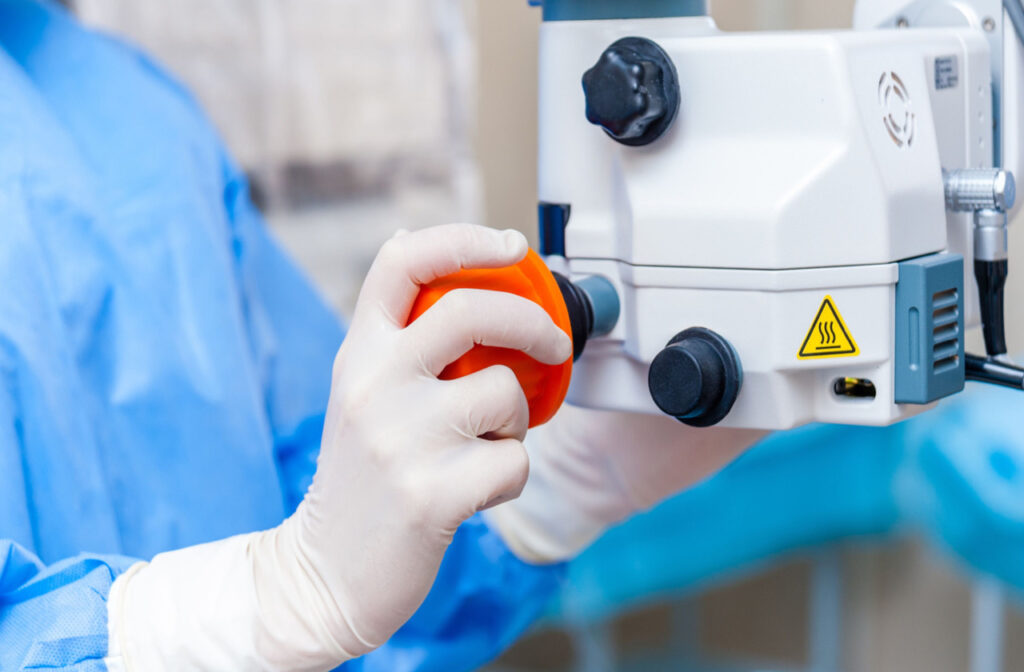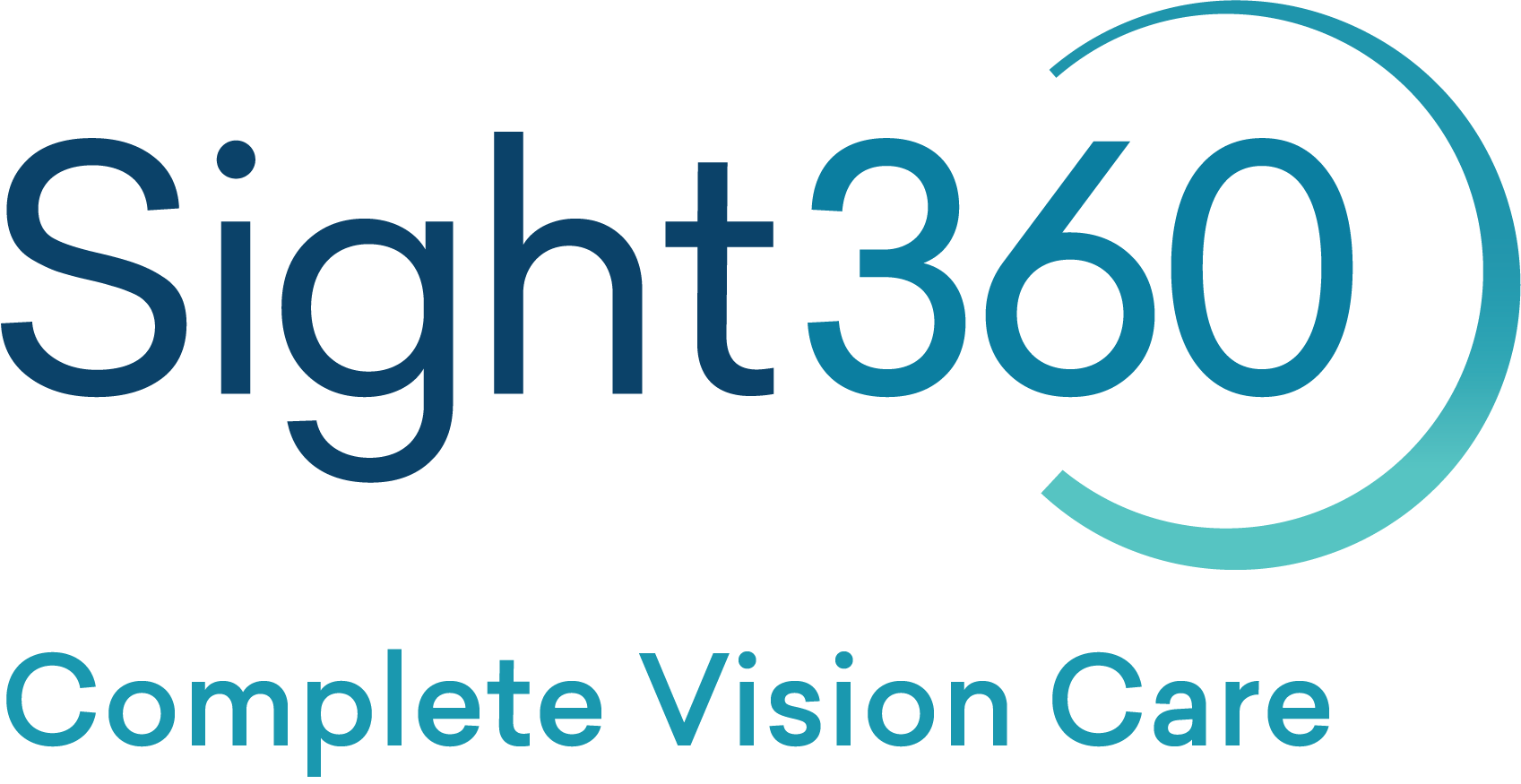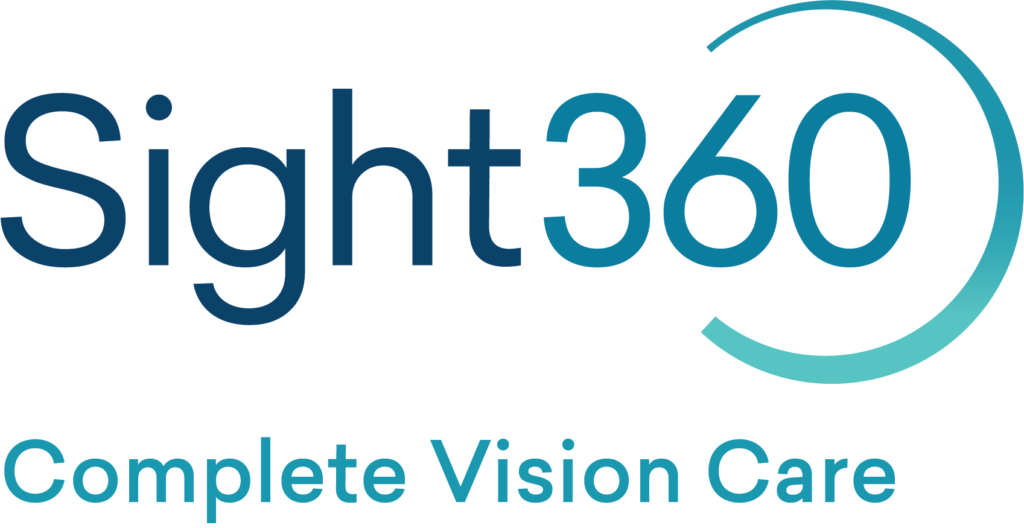Treating Macula Problems
Ophthalmologists are eye doctors that can perform surgery to treat various eye problems, including retina disorders. The retina is layered tissue located at the back of the eye responsible. The retina collects light to create images.
One crucial part of the retina is the macula. The oval-shaped central layer allows us to see fine details and color vision. When the macula is damaged, it can decrease vision and lead to blindness. But what causes macula damage? Can laser eye surgery treat macular degeneration? What other treatments are available for macular degeneration?
What Is Macular Degeneration?
Macular degeneration is a condition where the macula is damaged or is unable to function effectively. It’s also commonly known as age-related macular degeneration (AMD), as it is more likely to develop in older adults. AMD is the leading cause of vision loss in adults over 50.
The macula is essential for sharp, detailed vision, so when the tissue is damaged or deteriorates, it can cause:
- Distorted shapes or lines
- Decreased or blank central vision
- Inability to see objects clearly
- Reduced color vision
Macular degeneration has many potential causes, but it presents in 2 forms: dry and wet.
Dry or atrophic AMD is the slow-developing form. It’s also the most common. It occurs when the macula thins. Additionally, tiny, yellow deposits of protein and lipids (called drusen) form under the retina. Eye doctors monitor for larger drusen as it can signify dry AMD.
Dry AMD can progress over several years, typically in 3 stages: early, intermediate, and late. Unfortunately, there is no treatment available for late-stage dry AMD. However, sometimes dry AMD can occur first in one eye, and patients can take steps to protect vision in the other eye.
Wet or exudative AMD is the rarer, rapid-developing form. Wet AMD is categorized as late-staged because the symptoms are more severe. The condition develops when abnormal blood vessels grow under the retina. The weakened blood vessels swell and leak, scarring the macula.
What Causes AMD?
Aging is a significant risk factor for developing macular degeneration, but it is not the only known risk. Other potential causes and risk factors include:
- Heredity (retina disorders)
- UV light exposure
- Smoking
- Poor nutrition
- Lack of exercise
Macular degeneration can also be aggravated by other eye conditions that impact retina health, such as diabetic eye disease and myopia (nearsightedness).
There is another extremely rare form known as Myopic macular degeneration (MMD), which occurs due to high or progressive myopia. With severe myopia, eye tissue can stretch, causing retina tissue to thin or weaken. As a result, the retina (and macula) is more vulnerable to damage, including retinal detachment.
Myopia is on the rise worldwide. However, myopic macular degeneration is rare, affecting about 3% of people.

Can Laser Surgery Treat AMD?
The short answer is that yes, it can; however nowadays laser eye surgery as a treatment for AMD is reserved for rare situations. Laser treatment of macular degeneration was historically the first line of treatment, however it has now been replaced with the much more effective Anti-VEGF injections. These injections provide better results with a less invasive process and less downtime.
Currently, there is no treatment for early-stage dry macular degeneration. However, there are ways patients can reduce risks and manage symptoms, including practicing healthy lifestyle habits, eye nutrition, and using UV light protection. Additionally, patients with intermediate dry AMD may benefit from the dietary supplement AREDS 2 as it can help slow vision loss.
Effective treatment methods are available for wet macular degeneration.
- Anti-VEGF injections – As mentioned, these injections are the first line of treatment for macular degeneration. The medication helps control the growth of abnormal blood vessels. As a result, the treatment slows vision loss and sometimes improves vision. The treatment is performed as an outpatient procedure.
- Laser eye surgery – As a last resort, there are 2 laser treatments for wet AMD: thermal laser photocoagulation (“hot” laser surgery”) or photodynamic therapy (“cold” laser surgery). Both are used to treat the abnormal blood vessels that contribute to macula deterioration.
- Photodynamic therapy (PDT) uses a light-sensitive medicine that activates when targeted by a laser. When the laser is focused, the medicine creates blood clots to prevent leaking and break down abnormal blood vessels. Sometimes PDT is used in combination with anti-VEGF injections. Patients should avoid direct sunlight for 2–5 days to protect their eyes.
- Photocoagulation can preserve vision by treating leaky blood vessels. An ophthalmologist uses a laser to destroy abnormal blood vessels. Photocoagulation was one of the earliest options for treating abnormal blood vessel growth.
Anti-VEGF Injections For Macular Degeneration
The preferred treatment for AMD nowadays is Anti-VEGF injection treatment as it produces better results for AMD than laser surgery. Anti-VEGF treatment improves vision in about one-third of people. For the vast majority of patients, it at least stabilizes vision and prevents macular degeneration from further progressing as quickly
Vascular Endothelial Growth Factor (VEGF)
The medication slows down the production of VEGF in the eyes. Normally, this is a protein that is produced by the cells in your body and is involved in producing new blood vessels when the body needs them. The problem arises when the body starts producing too much VEGF, as it can cause abnormal blood vessels to grow in the eye. These abnormal blood vessels then damage the eye and impact your vision.
Currently there are four types of medications available:
- aflibercept (Eylea)
- bevacizumab (Avastin)
- brolucizumab-dbll (Beovu)
- ranibizumab (Lucentis)
VEGF Injection Process
- First a topical anesthetic is applied to prevent any pain associated with the actual injection and preparatory cleaning. This may be a gel or eye drops.
- Next, a cleaning solution will be applied. This helps prevent any bacterial infections.
- Then the eyelids are propped open with a speculum. This allows easy access for the doctor and prevents interference.
- The needle is inserted into the sclera (white part of the eye) and the medication is administered. You may feel pressure but this shouldn’t be painful.
- The speculum is then removed and the eye is cleaned with saline.
Recovery Process
Compared to laser eye surgery, anti-VEGF injections have minimal downtime. You will be able to go home right after the process, however you should plan to have someone drive you. You may also feel soreness or a gritty sensation for a day or two after treatment. You may also see a black spot at the place of injection, but this typically clears up within a week.
Take care not to rub your eyes in order to avoid irritation and swelling. It is also recommended to avoid environments that are dusty or have fine particulate matter, as they could lead to eye debris.
The ophthalmologist will determine a date for you to return in order to follow up and check the efficacy of your treatment. You may need anti-VEGF treatments every 1-2 months depending on your results.
Find Out More
At Sight360, we’ve assembled a multidisciplinary team to help you protect your sight. We’re dedicated to offering our patients a seamless experience for all your vision needs. Sight is a gift, and you deserve every opportunity to enjoy it. We can recommend appropriate care to preserve your eye health, from eyewear to laser eye surgery. We also have a clinical trial center where we participate in cutting-edge clinical research trials focused on AMD.
Beyond routine optometry, our staff includes specialists and ophthalmologists, such as Dr. Bilal Shaukat, an ophthalmologist specializing in retinal diseases and vitreoretinal surgery. Dr. Shaukat is passionate about being able to aid patients struggling with diseases such as macular degeneration in order to help restore the quality of their vision, and has had this to say about his chosen specialty:
“Ophthalmology and the retina specialty, particularly, are on the cutting edge of medicine. The treatments and surgeries we can perform in this field can potentially prevent total loss of vision and even improve vision”
If you have retinal concerns or questions regarding your eye health, contact us at Sight360 to discuss your vision care. Request an appointment today!
Categories
- Articles & News (3)
- Eye Health (3)
- Laser Eye Surgery (1)
- Macular Degeneration (1)
- News (13)


